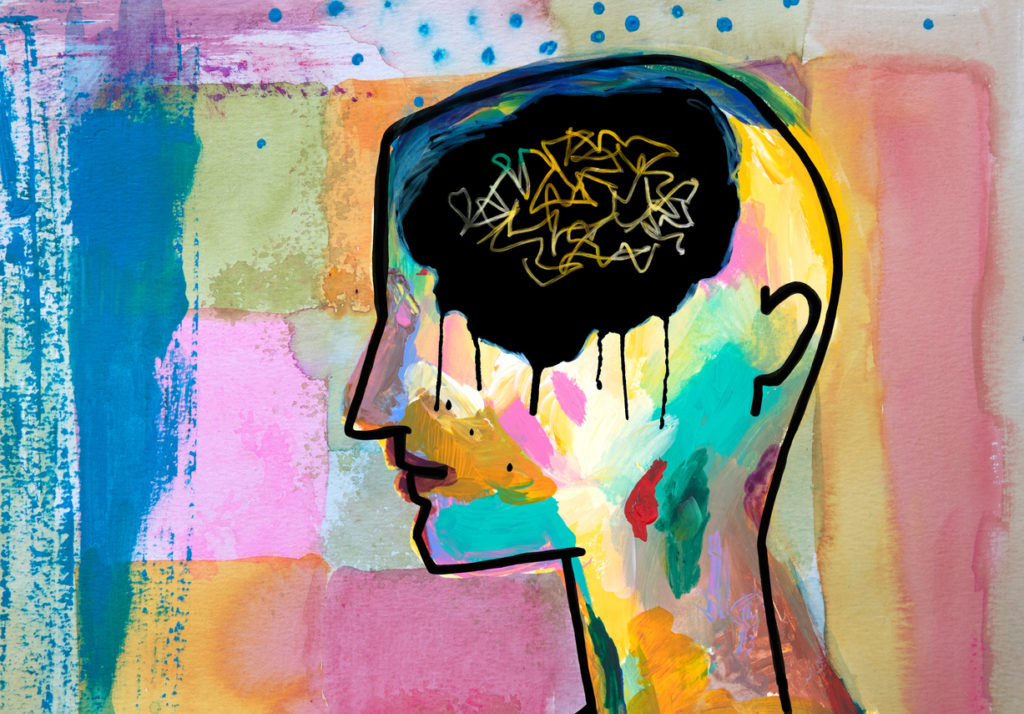The purpose of the study is to develop an individual behavior therapy for men who are violent toward their partners and to compare the individual treatment to standard group treatment.
Official Title
Behavior Therapy for Partner Violent Men
Conditions
– Domestic Violence
Study Type
Interventional
Study Design
Treatment, Randomized, Open Label, Active Control, Parallel Assignment, Efficacy Study
Further Details
To date, treatment interventions for domestic abuse perpetrators have been conducted almost exclusively in groups. However, the efficacy of such treatments relative to no treatment has not been thoroughly evaluated. Evidence suggests that individual treatments may be more effective than group treatments. This study will combine motivational enhancement therapy with cognitive and behavior change techniques to treat men who abuse their partners. This study will be conducted in two phases. In Phase 1, an individual cognitive behavior therapy (ICBT) manual will be constructed. During Phase 2, participants will be randomly assigned to receive either 16 sessions of ICBT or 16 sessions of standard group therapy. Data on abusive behavior outcomes and secondary treatment targets will be collected from participants and their partners every 3 months for 1 year after the study.
Study Start
Eligibility & Criteria
Ages Eligible for Study: 18 Years and above, Genders Eligible for Study: Male Accepts Healthy VolunteersCriteria Inclusion Criteria:Involved in male-to-female physical aggression in the past 12 months or has a history of severe male-to-female aggression in a relationship Current involvement in a primary intimate relationship (cohabiting, dating, or married) for at least 6 months, with partner contact at least once per week Willingness to provide written consent for partner contact Partner provides verbal assent for the use of information during an initial phone interview and agrees to be re-contacted for scheduled follow-up interviews Exclusion Criteria:Psychotic symptoms or severe mood disorder Mental retardation, autism, dementia, delirium, catatonia, or other severe cognitive disorders Severe head trauma in the past two years Seizure disorder Current diagnosis of alcohol dependence or drug dependence. Participants must be in remission for at least 6 months if a past diagnosis is present.
Total Enrolment
60
Contact Details
[1] National Institute of Mental Health (NIMH) (US)
All content and media on the HealthEngine Blog is created and published online for informational purposes only. It is not intended to be a substitute for professional medical advice and should not be relied on as health or personal advice. Always seek the guidance of your doctor or other qualified health professional with any questions you may have regarding your health or a medical condition. Never disregard the advice of a medical professional, or delay in seeking it because of something you have read on this Website. If you think you may have a medical emergency, call your doctor, go to the nearest hospital emergency department, or call the emergency services immediately.







